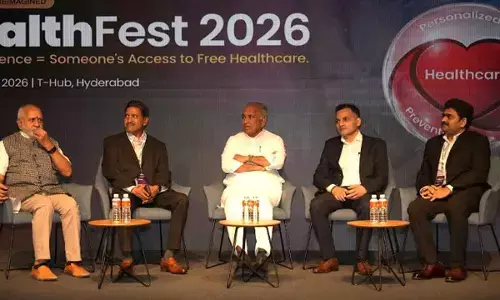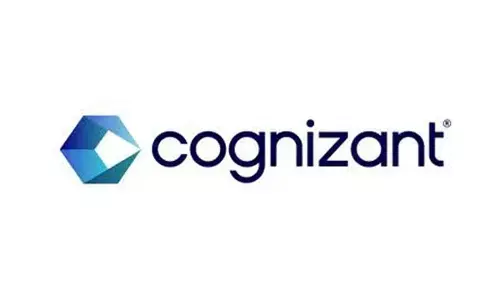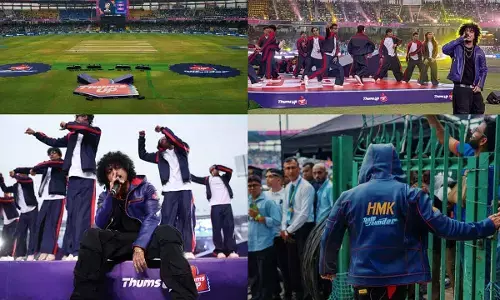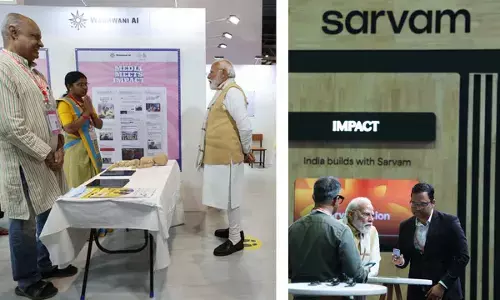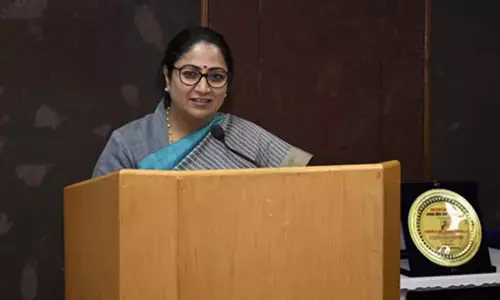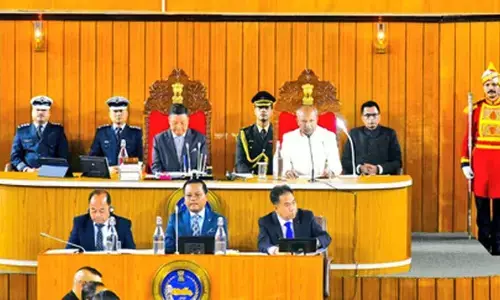Free public wi-fi can offer $3 bn revenue opportunity to telcos: Study

The proliferation of public wifi can provide USD 3 billion potential revenue opportunity for telecom operators between 20172019, as it will help to add new customers and increasing data consumption by existing users, says a report
Google, in partnership with RailTel, has rolled out public wi-fi services at 400 Indian railway stations.
The proliferation of public wi-fi can provide USD 3 billion potential revenue opportunity for telecom operators between 2017-2019, as it will help to add new customers and increasing data consumption by existing users, says a report.
The study by Analysys Mason, commissioned by tech giant Google, found "a significant fraction of users" saying they would be interested in purchasing a new mobile broadband SIM card to continue accessing high-speed Internet, after having experienced the high-speed Internet through high-speed wi-fi services from Google-Railtel.
Google, in partnership with RailTel, has rolled out public wi-fi services at 400 Indian railway stations. An average user consumed over 300 MB in a 30 minute-session, as per the study.
RailTel Corporation is the telecom arm of Indian Railways. A section of users, who were already using mobile broadband data, "expressed willingness to upgrade their current data plan" after experiencing multiple use cases offered by the high-speed Internet, the study said.
"Demand stimulation with free high-speed public Wi-Fi has the potential to increase revenue for other operators by about USD 3 billion cumulatively from 2017 to 2019," it said, adding that access to unfettered high-speed wi-fi broadband is expected to result in "tangible business benefits" for stakeholders like telecom operators and handset manufacturers.
Respondents, who expressed interest in purchasing a new mobile broadband SIM, said they were willing to spend an average of about USD 2.2 (about Rs 151) additionally on data services.
Similarly, respondents who were interested in upgrading their current data plan said they were willing to spend an additional USD 2.3 (Rs 158) average for usage upgrade.
Interestingly, about 14 per cent of the respondents said they were willing to upgrade their smartphones after experiencing high-speed wi-fi, with an additional monthly spend of USD 5.9 towards upgrading their handset.
The report said a successful public wi-fi market in India could see over 600 million people using public wi-fi service by 2019. For this to become a reality, over three million access points must be rolled out throughout the country, including in tier III cities and villages.
Estimates suggest that India currently has about 36,000 commercial hotspots, compared to emerging markets like China (more than 6.1 million), Indonesia and Mexico (over 1.65 lakh each).
The report also suggested that mobile operators should use wi-fi to offload excess data traffic from cellular networks, with some of the cost-saving potentially re-invested in more public wi-fi coverage.


